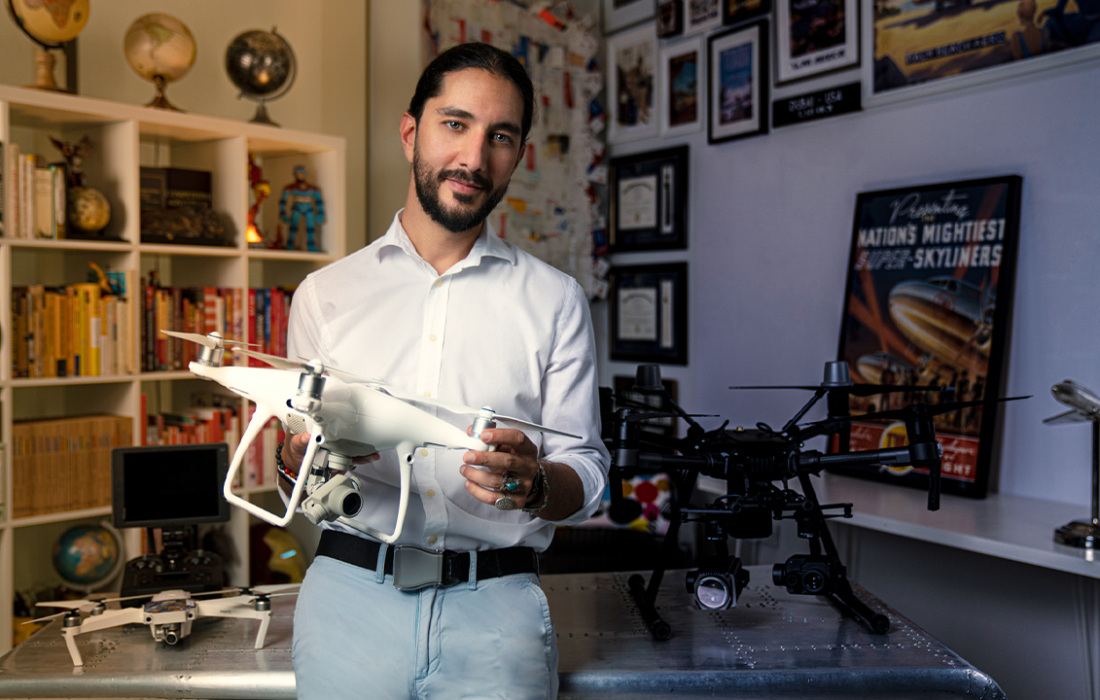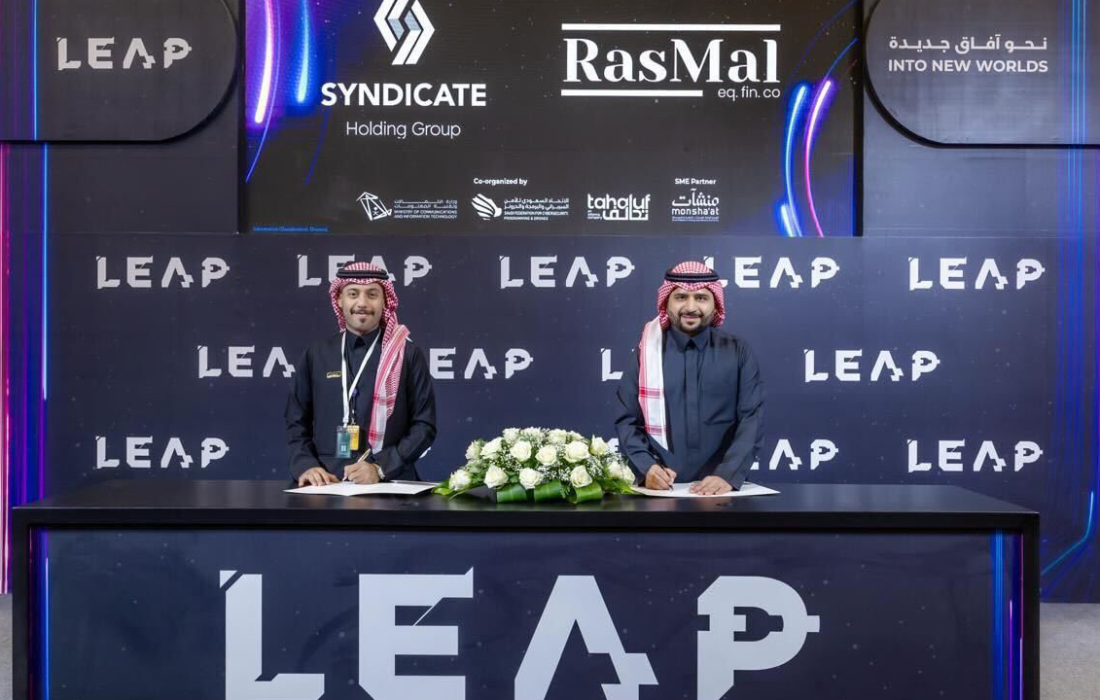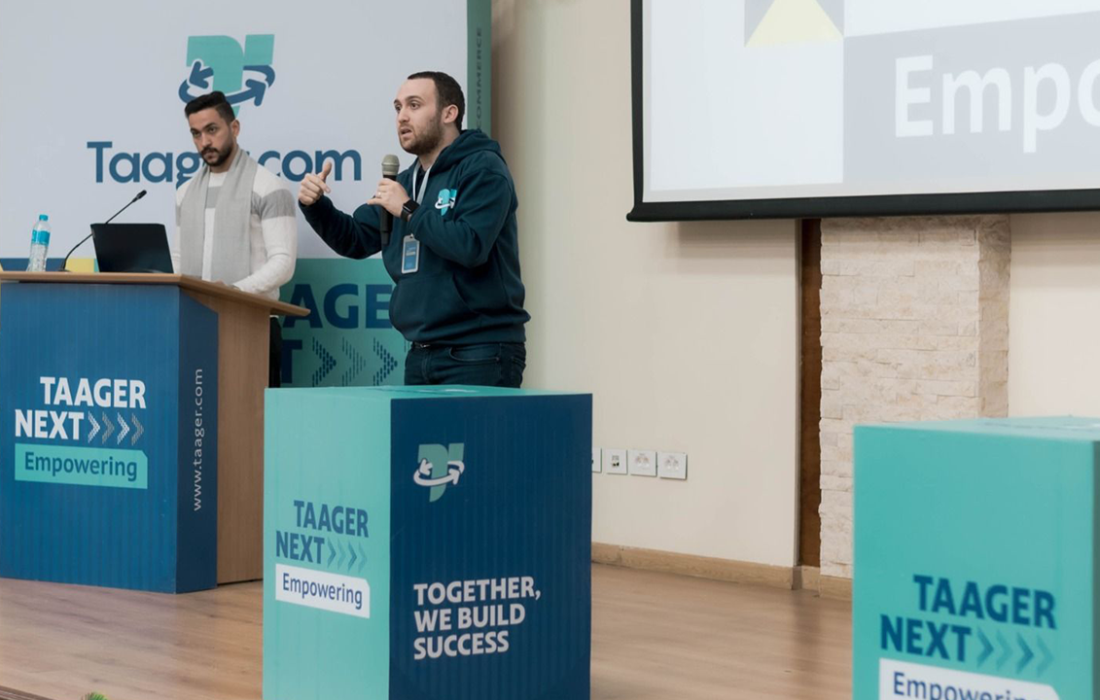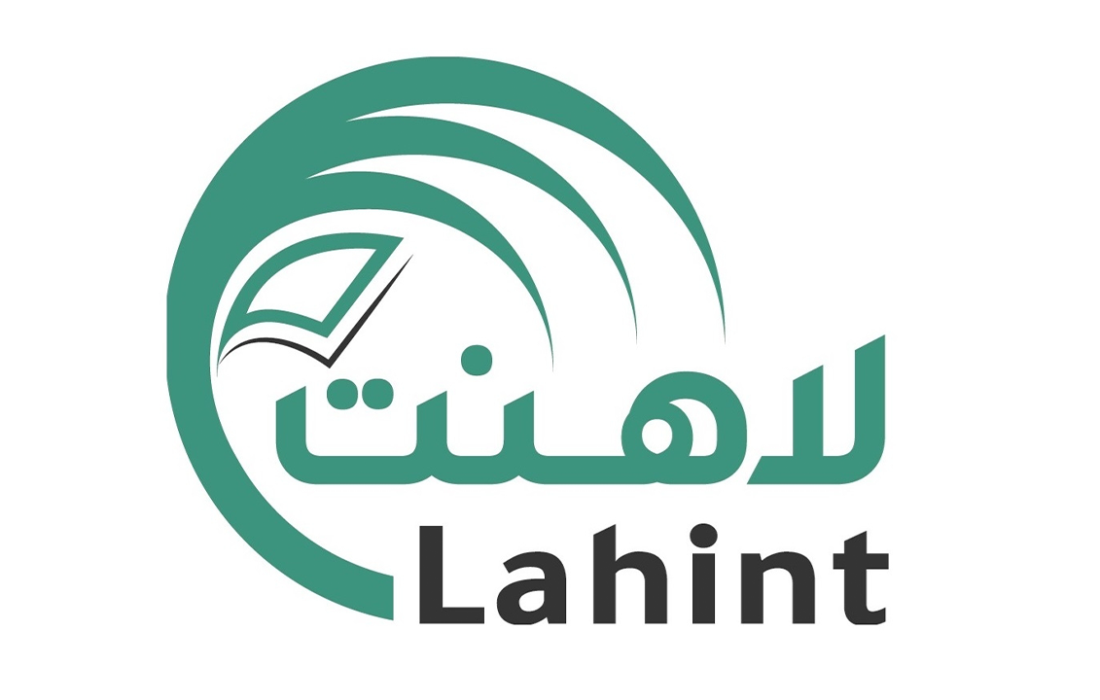Egypt ranks 53rd globally in university-industry R&D collaboration, yet local industries still prefer to import ready-to-operate foreign technologies. Despite an increase in ranking and a rich academic legacy, Egypt still faces hurdles in transforming research into real-world application.
Meanwhile, universities worldwide are evolving to become engines of economic growth and launchpads for startups and industry collaboration. As Egypt continues to become a budding ecosystem for innovation, it must compete and bridge this divide.
Universities must not only produce research and graduates, they must also produce economic wealth and innovation.
Can Egyptian universities tackle the challenge and become catalysts for innovation and economic development?
In the Context of Egypt
According to the 2024 Global Innovation Index report, Egypt ranked 54th out of 132 countries in the global Research and Development (R&D) sub-index outperforming its neighbors like Morocco (98th) and Tunisia (103rd). However, compared to the Gulf, there is room for improvement if Egypt wants to compete regionally.
One critical indicator is university-industry R&D collaboration, where Egypt holds the 53rd position. In comparison, the UAE ranks 28th in global R&D and 18th in university-industry R&D while Saudi Arabia ranks 31st in global R&D and 36th in university-industry R&D. While Egypt did climb three positions in its overall rank from the 2022 Global Innovation Index, it is clear that there is room to step up regionally and globally. In order to advance, Egypt needs stronger industry academia partnerships, increased R&D investment, and policies that incentivize local innovation over imported solutions
The Ministry of Higher Education and Scientific Research detailed the challenges that face the university, research, and innovation system in Egypt in its 2019 report titled ‘National Strategy for Science, Technology and Innovation 2030.’
The report points to a disconnect in information exchange between research institutions and industry. The industry sector lacks clarity in communicating its needs whilst facing limited access to research data due to weak institutional databases and infrastructure.
It has also been revealed that industries often bypass local R&D and instead rely on foreign technologies. Even when industry engages with researchers, they hire them individually rather than collaborating with institutions. Further discouraging collaboration with industry, the report points to bureaucratic promotion processes that limit research output. This, combined with inadequate incentives, leads to faculty reluctance to participate in industry-funded projects.
Additionally, industry, universities, and R&D institutions often distrust each other. Even in the few cases of industrial innovation, little to no credit is given to the R&D institutions. In addition, low industry investment in research and the lack of adequate intellectual property policies further hinder university-industry collaborations.
Overall, this perpetuates a lack of R&D culture in industry, which stifles innovation. To address these challenges, initiatives must be introduced to bridge the gap between academic research and market-driven solutions.
R2E Program
Under the auspices of Dr Mohamed Ayman Ashour, the Minister of Higher Education and Scientific Research, the Innovators Support Fund recently opened registration for its fifth round of the Researchers to Entrepreneurs (R2E) program. The program aims to empower researchers at Egyptian universities and research centers to apply entrepreneurial principles to bridge the gap between scientific research and the market.
Dr Hani Ayad, the Executive Director of the Innovators Support Fund, explains that this program will target researchers with an innovative research idea and aim to bring it to the market. He further adds that this is an opportunity for researchers to acquire the skills needed to transform their innovative research into startups or economically viable products.
R2E provides online training workshops that equip researchers with the skills to assess the economic potential of their research. Furthermore, the goal is to foster deep-tech startups by converting research into marketable products and services.
Overall, initiatives like this play a pivotal role in connecting research with market needs, setting the stage for broader efforts that foster collaboration between universities, industry, and governments
AUC V-Lab
In the past, the American University in Cairo’s Venture Lab (AUC V-Lab) has had an initiative in collaboration with the Egyptian Information Technology Industry Development Agency (ITIDA) called Startup Launchpad. This is an example of collaboration between the AUC School of Business and Egyptian government agencies.
In November 2021, the program aided 13 startups in finding existing market gaps and refining their products or services to cater to these gaps. And in the end the startups were able to pitch their ideas to prominent accelerators and investors.
“Startups are the main fuel of the economy, there is a huge competition regionally and globally and many countries are trying to attract the youth.” said Amr Mahfouz, CEO, ITIDA and deputy minister for business development, Ministry of Communications and Information Technology (MCIT).
With a country with as much potential as Egypt, scaling this model could lead to meaningful economic contribution.
To transform ideas into economically viable enterprises, it is essential to overcome the challenges that stifle more integrated collaboration between universities, industry, and government.
Challenges
Universities encounter challenges in promoting innovation because their traditional emphasis is on teaching and research rather than entrepreneurship. Academics perceive their roles as educators rather than entrepreneurs, thus requiring greater involvement from industry experts to enhance this role.
AUC possesses an advantage that the majority of universities in Egypt do not have, with access to industry giants through alumni or their renowned status as a top university. This gives them the ability to negotiate with international and domestic institutions, a benefit other universities often lack, particularly in attracting investors or industry experts.
Hala El Hadidi and David A. Kirby, in their paper, highlight the challenges that universities face in their calls for an integrated innovation policy. They propose that if
incentives are introduced, whether it be new legislation, tax breaks, or new laws to enhance cooperation between industry and university, there could be an increase in mutual trust and willingness to collaborate. While Egyptian universities offer consultancy to industry, this service-based model lacks the mutually beneficial relationship needed for innovation support.
For universities, it is crucial to increase funding for research and adjust promotion policies and intellectual property regulations to encourage industry-related research participation. To overcome this, they must strengthen their research databases and infrastructures to encourage industry funding. Additionally, they must showcase profitability, whether through research outputs or potential equity in entrepreneurial ventures.
If so, it could become more affordable and profitable to rely on local R&D. Industry could offer goodwill through funding and clear guidelines for research. This could bridge the gap and foster collaborative partnerships with universities.
To encourage goodwill from industry, the state could offer policies such as tax exemptions and subsidies when industry relies on local R&D. Additionally, boosting funding to better university research centers could make them more appealing to industries as it would be more affordable to rely on well-executed local R&D.
For Egypt to become a powerhouse of innovation, universities must become both knowledge hubs and engines of economic transformation. Egypt’s universities have the potential to bridge the gap—now, the question is how industry, academia, and policymakers will collaborate to turn that potential into progress.
Together they can unlock the full potential of Egypt’s universities, turning ideas into impact.
The future is unfolding….how will it be shaped?
If you see something out of place or would like to contribute to this story, check out our Ethics and Policy section.














